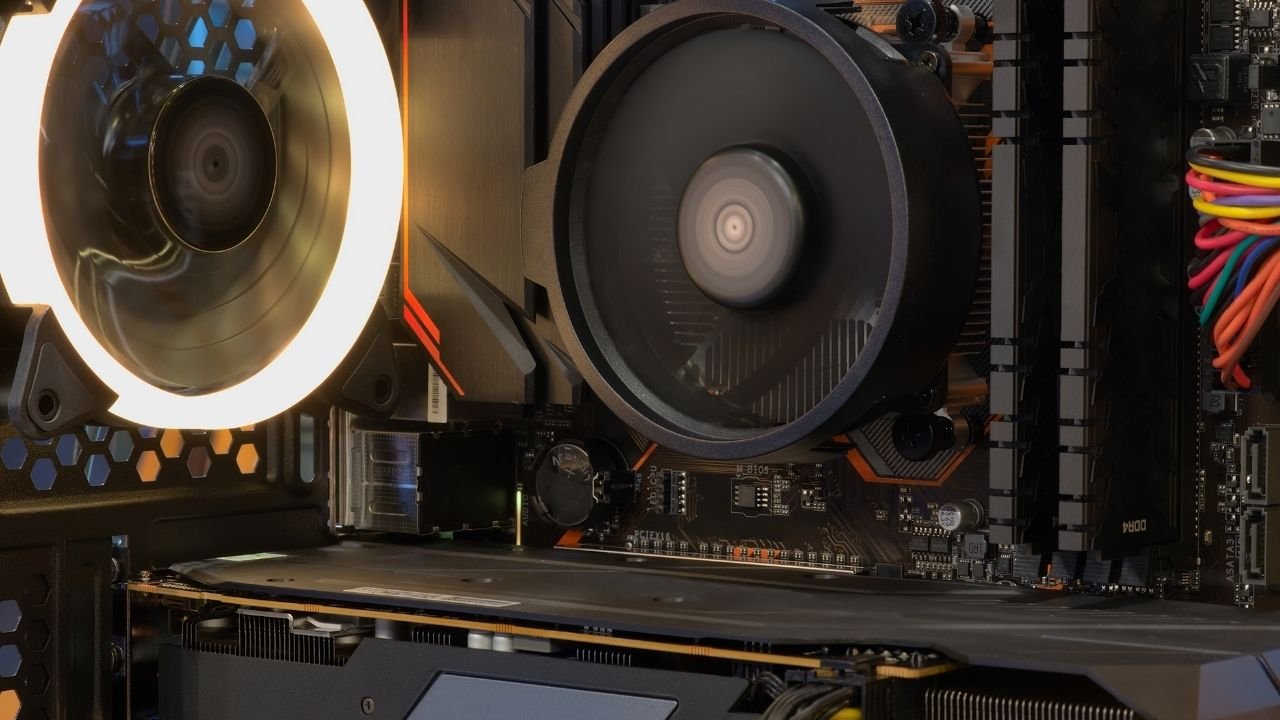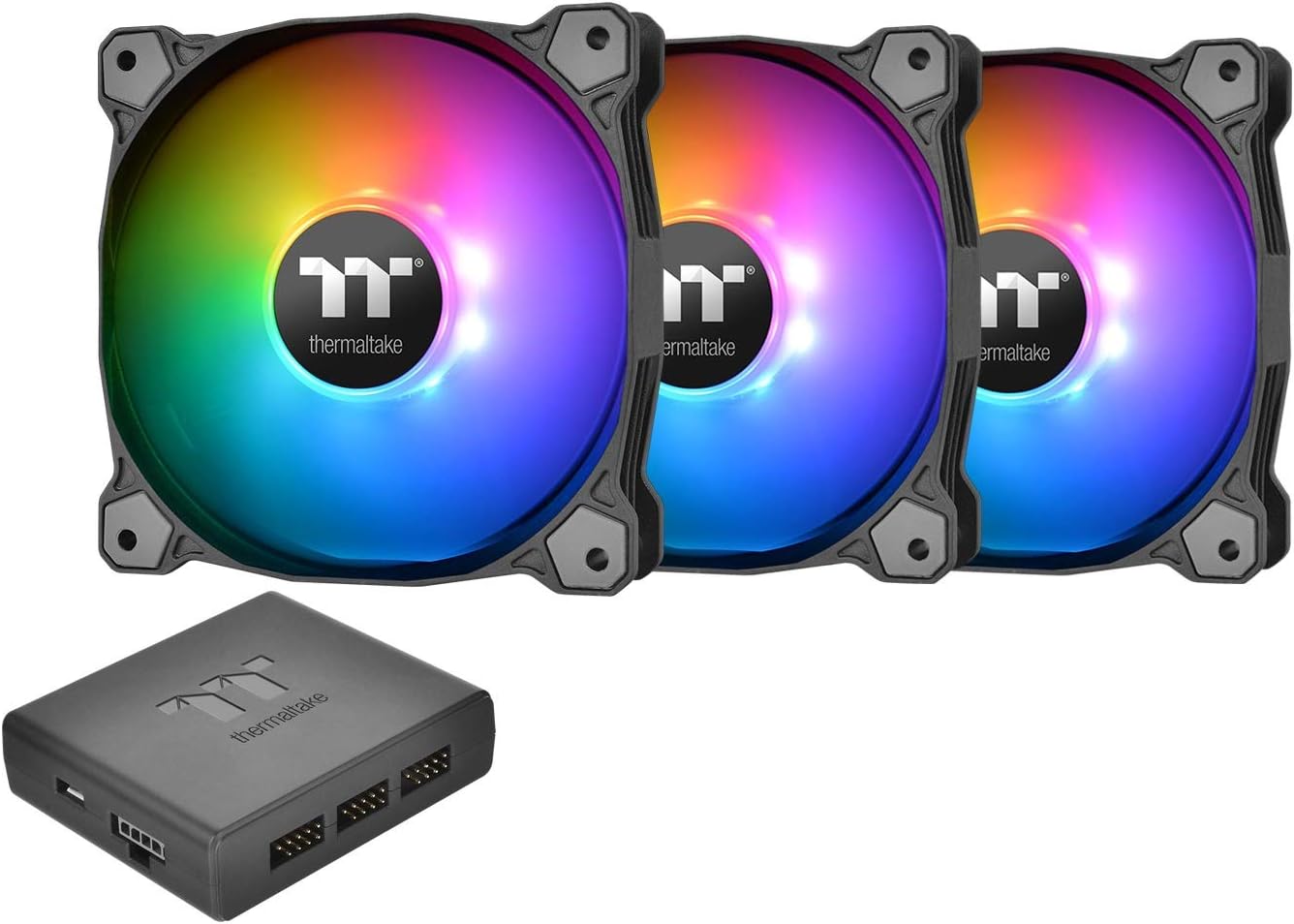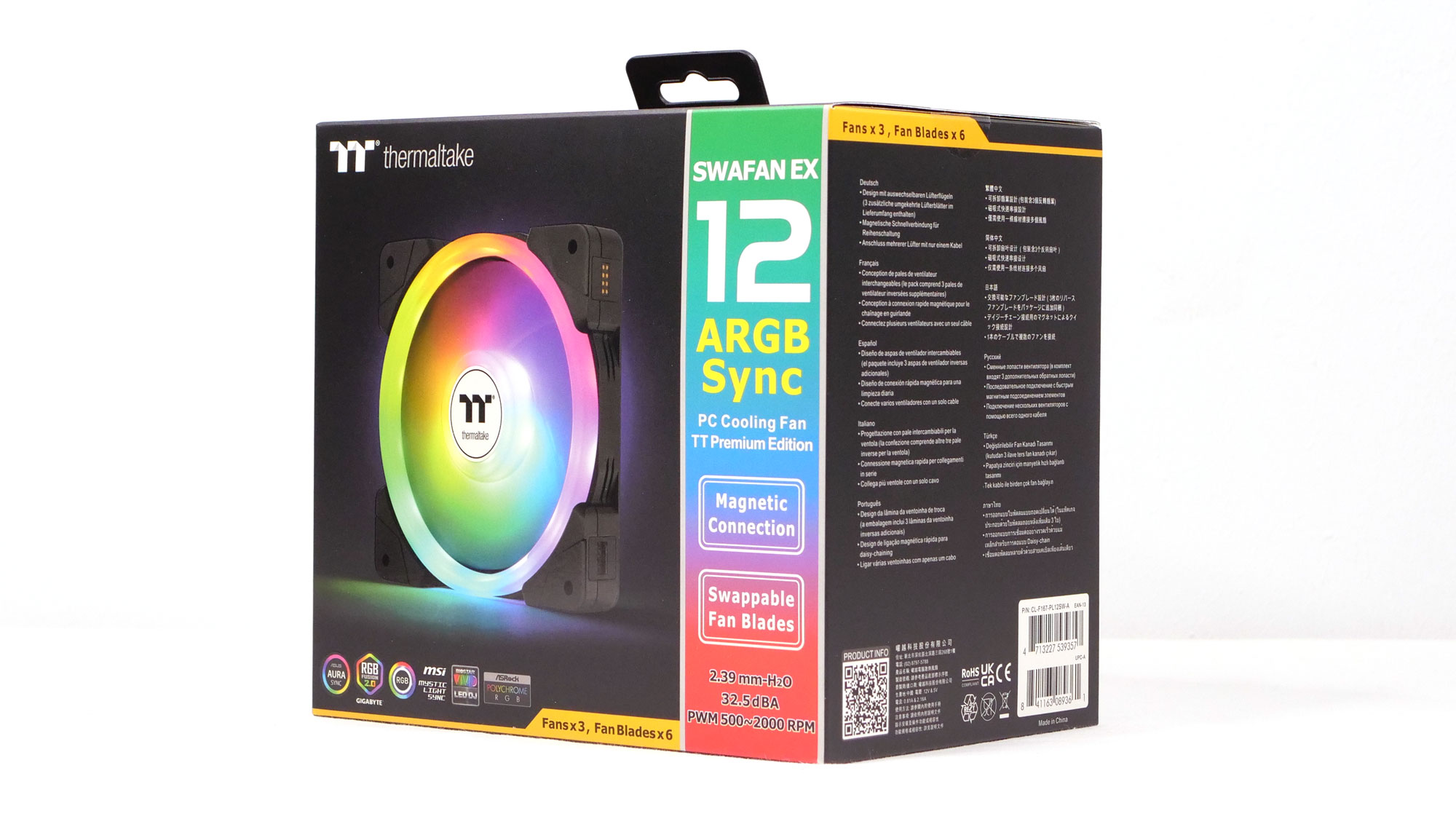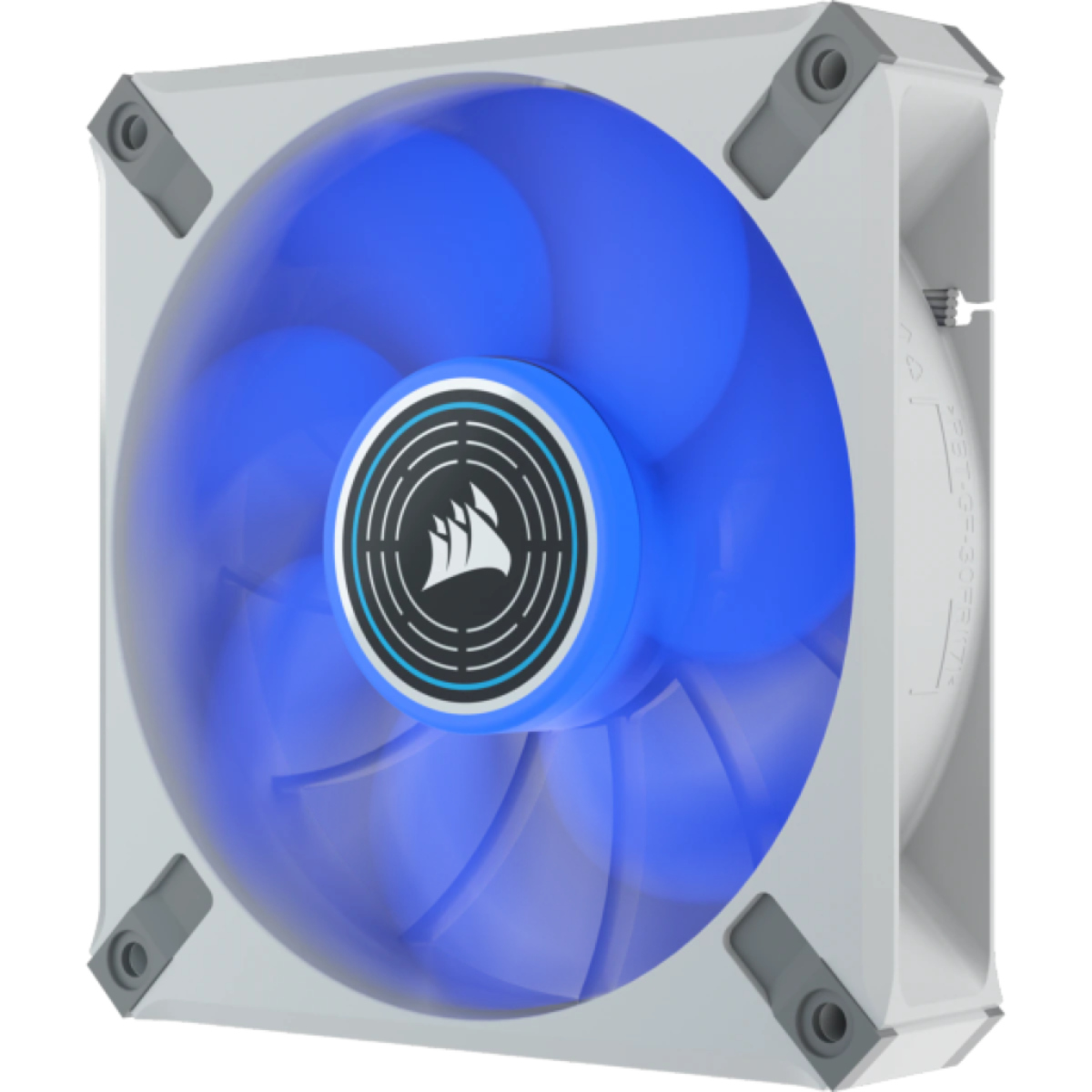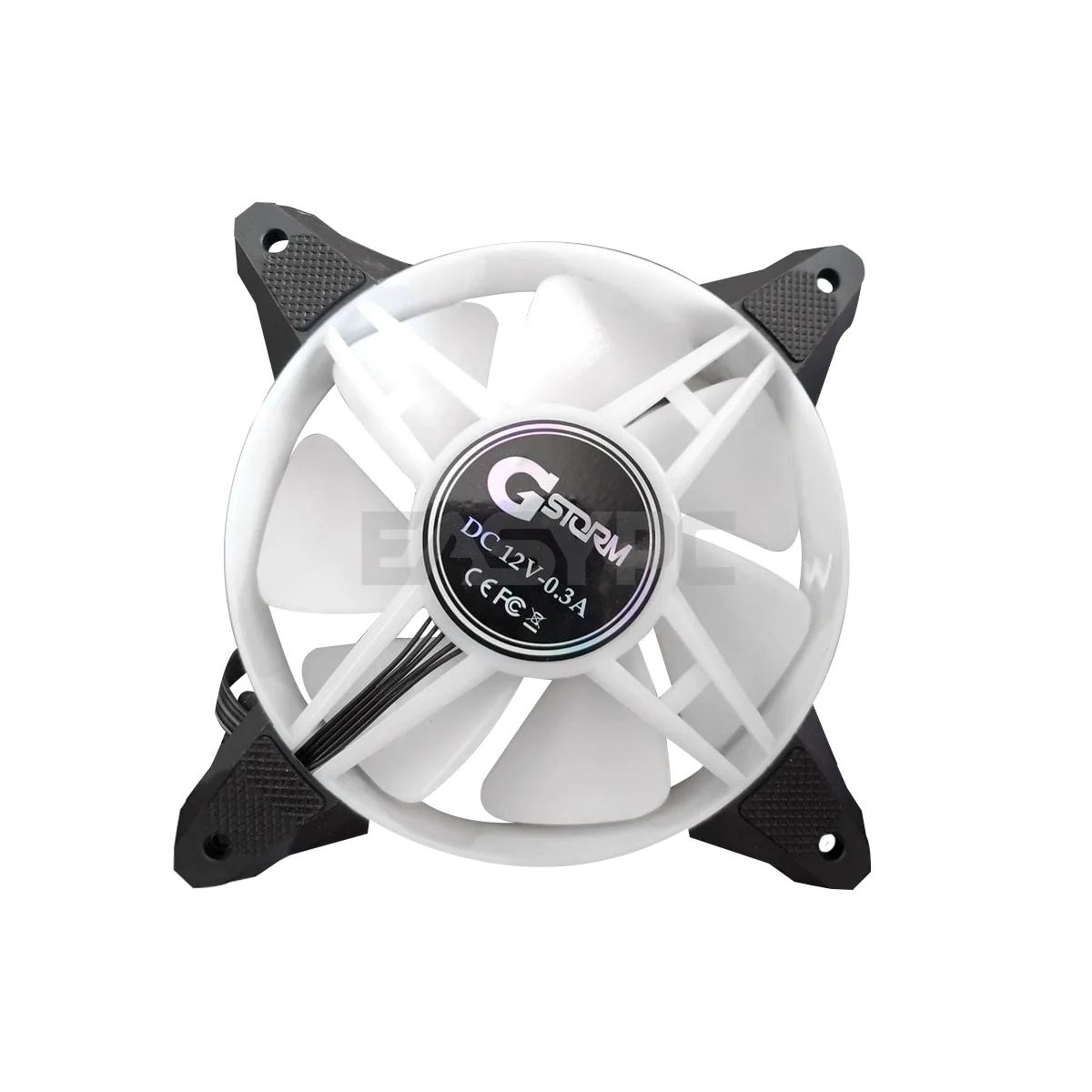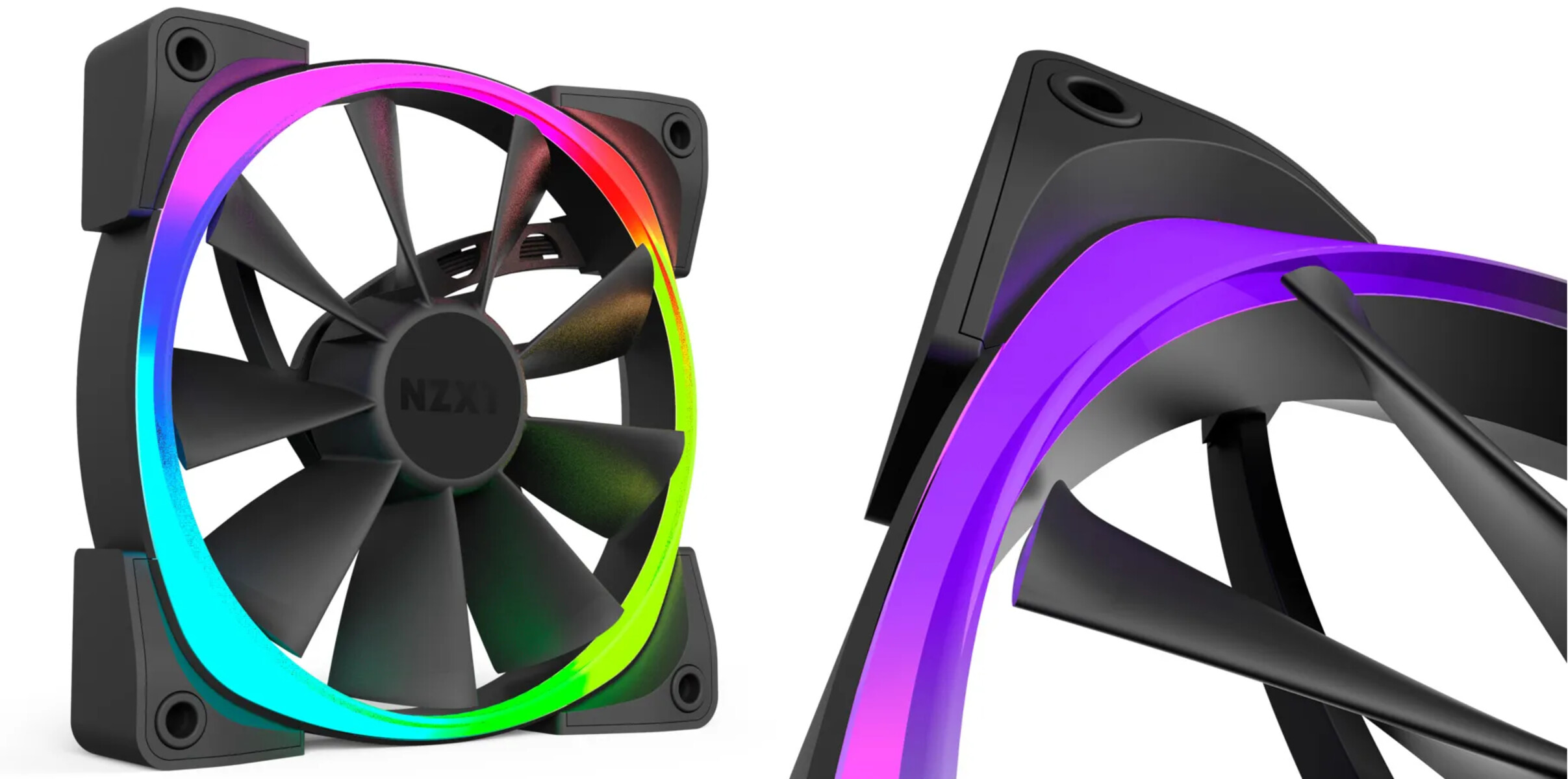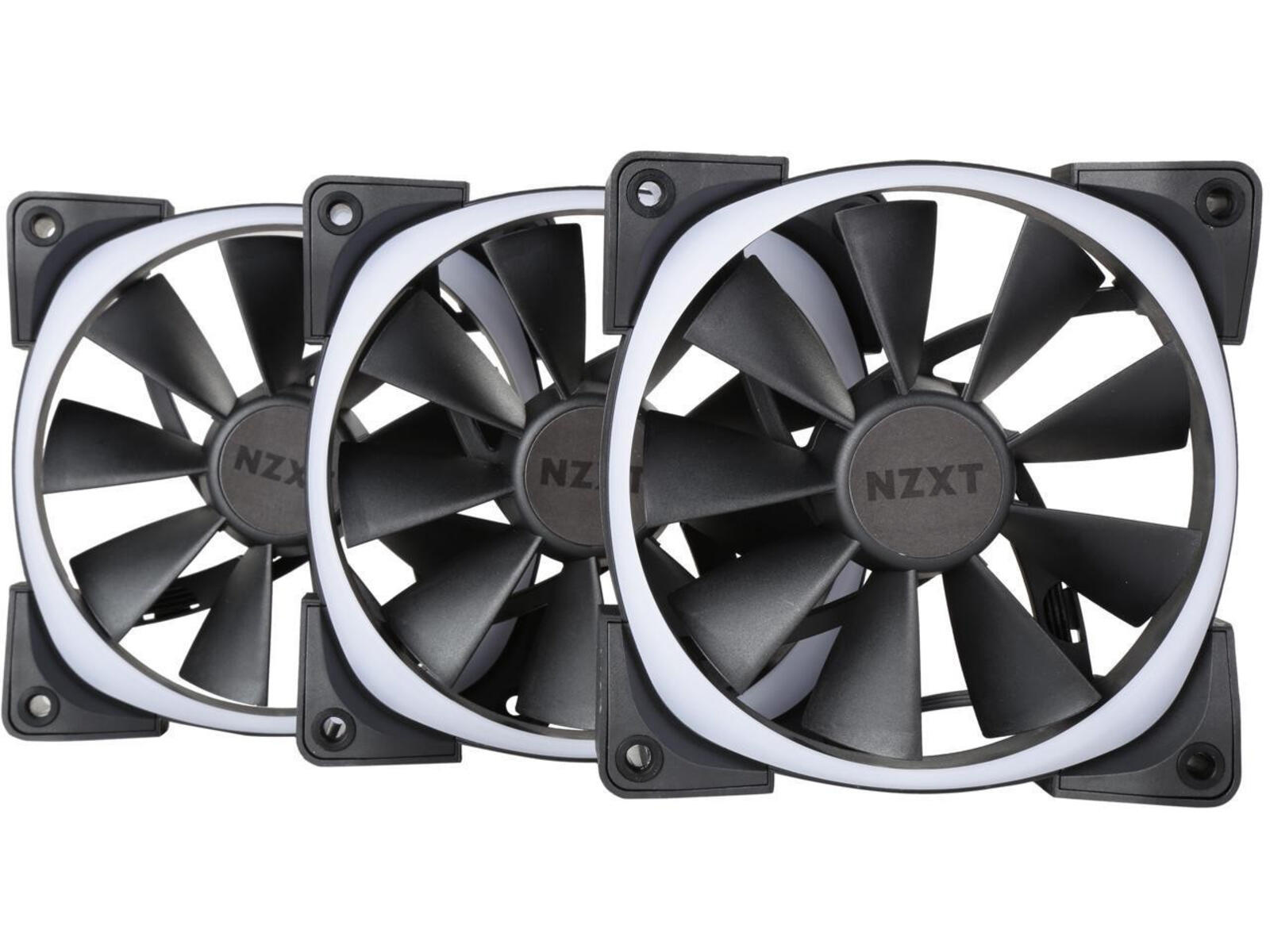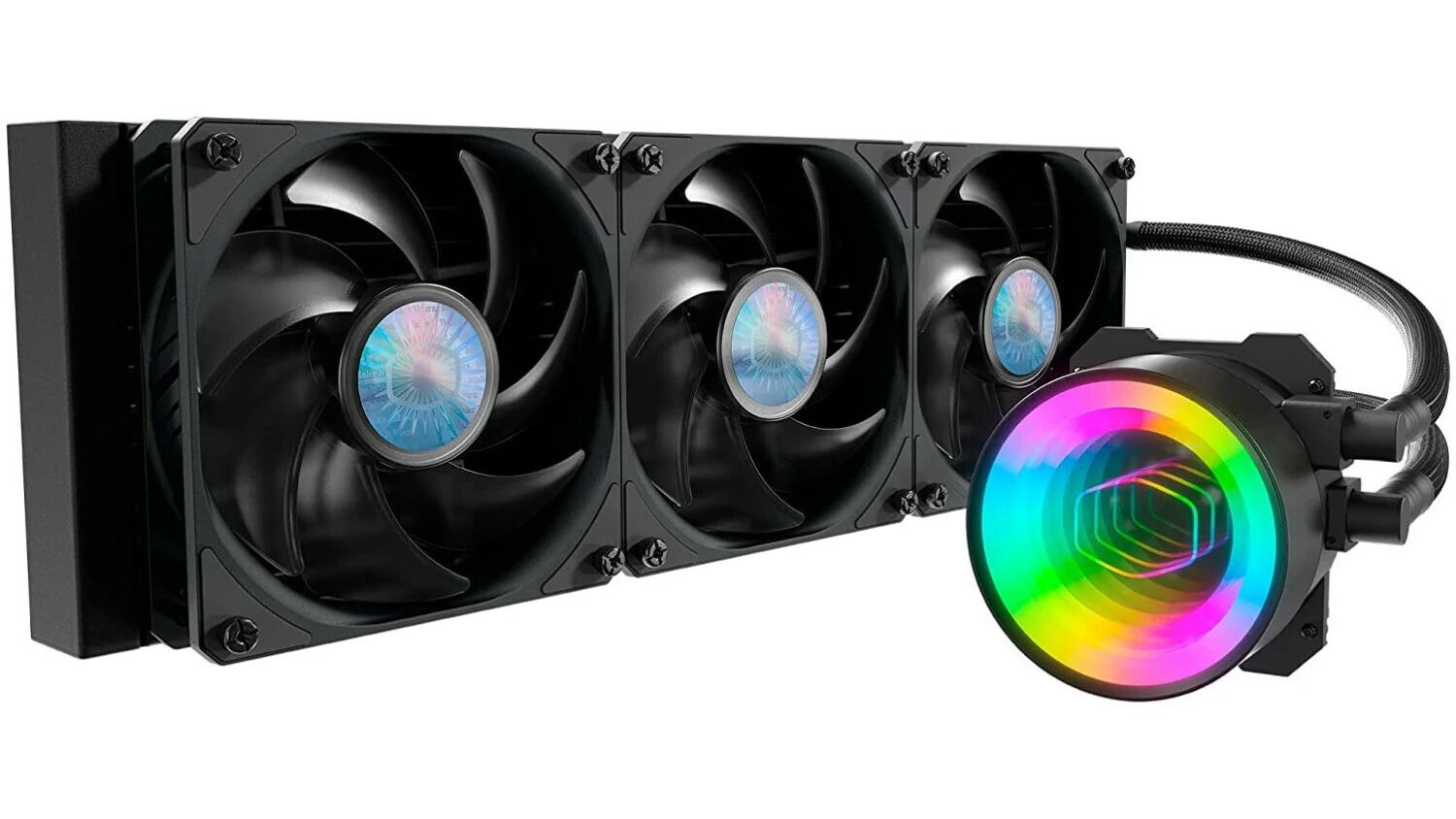Why the Lifespan of a Case Fan Matters
A case fan plays a crucial role in maintaining the overall health and performance of your computer system. It is responsible for keeping your components cool and preventing overheating, which can lead to system crashes, decreased performance, and even permanent damage. This is why the lifespan of a case fan matters and should not be underestimated.
When a case fan starts to fail or reaches the end of its lifespan, it becomes less effective at cooling the components inside your computer case. This can result in higher temperatures, increased noise levels, and reduced overall system stability. It’s important to address any issues with your case fan promptly to avoid these potential problems.
Another reason why the lifespan of a case fan matters is the financial aspect. Replacing a case fan can be a costly affair, especially if you opt for high-quality, high-performance fans. By ensuring that your case fan lasts as long as possible, you can save yourself the expense of frequent replacements.
Furthermore, a failing case fan can have a negative impact on energy efficiency. When a fan is no longer functioning at its optimal level, it may require more power to spin at the same speed, leading to increased energy consumption. This not only affects your electricity bill but also contributes to unnecessary energy waste.
Additionally, the lifespan of a case fan is closely tied to its effectiveness in dissipating heat. Over time, a fan can accumulate dust, dirt, and debris, which can obstruct the airflow and hinder its cooling capabilities. Regularly cleaning and maintaining your case fan can help prolong its lifespan and ensure that it continues to cool your components efficiently.
Overall, the lifespan of a case fan matters because it directly impacts the performance, stability, and longevity of your computer system. By recognizing the importance of maintaining a healthy and functional case fan, you can take proactive steps to monitor its condition, perform necessary maintenance, and replace it when needed. This will not only save you money in the long run but also safeguard your system from potential damage and prevent unnecessary downtime.
Factors that Affect the Lifespan of Case Fans
The lifespan of a case fan can vary depending on several factors. Understanding these factors can help you make informed decisions about the selection, maintenance, and replacement of your case fans. Let’s explore some of the key factors that affect the lifespan of case fans:
- Quality: The quality of a case fan directly impacts its lifespan. Higher-quality fans are typically built with more durable materials and better bearings, allowing them to withstand continuous operation for longer periods. Investing in reputable and reliable brands can greatly extend the lifespan of your case fans.
- Usage and workload: The workload and usage patterns of your computer system play a significant role in determining the lifespan of your case fans. If your system is constantly running at high loads, the fans will have to work harder to keep the components cool, potentially shortening their lifespan. Consistent heavy usage and excessive heat can put additional stress on the fans, causing them to wear out more quickly.
- Cooling setup: The effectiveness of your cooling setup can have a direct impact on the lifespan of your case fans. If your system is adequately cooled, the fans won’t have to work as hard to maintain optimal temperatures. A well-designed cooling setup with proper airflow management can help maximize the lifespan of your case fans.
- Cleaning and maintenance: Regular cleaning and maintenance are essential for prolonging the lifespan of your case fans. Dust, dirt, and debris can accumulate and clog the fan blades and bearings, restricting airflow and causing the fans to work harder. Cleaning your case fans regularly, using compressed air or a soft brush, can help prevent premature failure and ensure efficient operation.
- Environmental conditions: The environment in which your computer system operates can significantly impact the lifespan of your case fans. Excessive humidity, extreme temperature fluctuations, and exposure to contaminants can all contribute to quicker wear and tear. It’s important to keep your system in a clean, well-ventilated area and avoid exposing it to extreme conditions.
By considering these factors and taking appropriate measures, such as choosing high-quality fans, managing workload and usage, implementing an efficient cooling setup, performing regular maintenance, and providing a suitable environment, you can maximize the lifespan of your case fans. Remember, a well-maintained and properly functioning case fan not only ensures the longevity of your computer system but also contributes to a quieter and more reliable computing experience.
Importance of Proper Maintenance for Case Fans
Proper maintenance of case fans is crucial for ensuring optimal performance, longevity, and reliability of your computer system. Regularly caring for your case fans can help prevent potential issues, improve cooling efficiency, and extend their lifespan. Let’s explore the importance of proper maintenance for case fans:
- Efficient cooling: Case fans are responsible for drawing in cool air and expelling hot air from your computer system. Over time, dust, dirt, and debris can accumulate on the fan blades and impede airflow, reducing cooling effectiveness. By regularly cleaning your case fans, you can ensure proper airflow and maximize cooling efficiency, preventing component overheating and potential performance degradation.
- Noise reduction: As case fans accumulate dust and debris, they may start producing more noise. This can be a nuisance, especially if you’re looking for a quiet computing experience. Proper maintenance, such as cleaning the fan blades and lubricating the bearings if necessary, can help reduce noise levels and ensure a quieter system operation.
- Longevity: Case fans are not immune to wear and tear. However, proper maintenance can significantly extend their lifespan. Dust and debris can cause added strain on the fan motor and bearings, leading to premature failure. By cleaning your case fans regularly and keeping them free from obstructions, you can help prolong their lifespan and avoid the inconvenience and cost of frequent replacements.
- System stability: A malfunctioning or failed case fan can lead to increased component temperatures, which can destabilize your entire system. Overheating can cause system crashes, freeze-ups, and even permanent damage to sensitive computer components. Proper maintenance ensures that your case fans are functioning properly, helping to maintain stable operating temperatures and safeguard the overall system’s performance and integrity.
- Power efficiency: A case fan clogged with dust or running on worn-out bearings may require more power to operate and maintain the same level of airflow. This increased power consumption not only adds to your electricity bill but also contributes to unnecessary energy waste. Regular maintenance ensures that your case fans operate at their optimal efficiency, saving energy and reducing your carbon footprint.
Proper maintenance for case fans is essential for efficient cooling, noise reduction, longevity, system stability, and power efficiency. By incorporating regular cleaning, lubrication if needed, and keeping the fans free from obstructions, you can enjoy a cool, quiet, and reliable computing experience while ensuring the longevity and performance of your computer system.
Signs that Your Case Fan is Failing
A failing case fan can have serious consequences for the overall health and performance of your computer system. Recognizing the signs of a failing case fan is crucial in order to address the issue promptly and prevent potential damage. Here are some common signs that indicate your case fan may be failing:
- Increased noise: One of the first indicators of a failing case fan is an increase in noise levels. As the fan’s bearings wear out over time, you may notice unusual or grinding noises coming from your computer. This can be a sign that the fan is struggling to rotate properly and needs to be either cleaned or replaced.
- Reduced airflow: A failing case fan may not be able to push enough air to cool your components effectively. You may notice increased temperatures inside your computer case or decreased cooling performance. Components may start overheating, causing system instability, performance degradation, or even unexpected shutdowns. Monitoring system temperatures using software or hardware monitoring tools can help identify airflow problems.
- Inconsistent fan speed: If you observe that your case fan’s speed fluctuates, it could indicate a problem. A healthy fan should maintain a consistent speed, but a failing fan may struggle to maintain the same RPM (rotations per minute). This inconsistency in fan speed can result in inadequate cooling and increased temperatures.
- Excessive vibration: As the bearings of a case fan wear out, it can cause the fan to vibrate excessively. This can lead to unwanted resonance and increased noise. If you notice significant vibrations coming from your case fan, it may be a sign that it needs to be replaced or repaired.
- Fan not spinning: In some cases, a failing fan may completely stop spinning. This is a clear indication of a problem. If you notice that one or more of your case fans are not spinning at all, it’s important to take immediate action to prevent potential overheating and damage to your components.
If you experience any of these signs, it’s essential to address the issue promptly. Start by cleaning the fan blades and removing any obstructions. If the problem persists, consider replacing the fan with a new one. Remember, a failing case fan can have a significant impact on the overall performance, stability, and lifespan of your computer system. Regularly monitoring and maintaining your case fans can help prevent unexpected failures and ensure the longevity of your system.
How to Extend the Lifespan of Your Case Fan
Extending the lifespan of your case fan is crucial for maintaining optimal cooling performance in your computer system. By implementing these simple yet effective measures, you can maximize the lifespan of your case fan and ensure its efficient operation:
- Regular cleaning: Dust, dirt, and debris can accumulate on the fan blades and hinder airflow, reducing cooling effectiveness and putting additional strain on the fan motor. Regularly cleaning your case fan using compressed air or a soft brush can help prevent dust build-up and prolong its lifespan. Aim to clean your fans at least once every three to six months or more frequently if you live in a particularly dusty environment.
- Avoid excessive strain: Constantly running your case fan at maximum speed can put unnecessary strain on the bearings and motor, potentially shortening its lifespan. Consider adjusting the fan speed to strike a balance between cooling efficiency and longevity. Most modern motherboards have fan control features that allow you to manage fan speeds based on temperature. Opt for a moderate fan speed setting that keeps temperatures under control without putting excessive stress on the fan.
- Proper cable management: Ensuring adequate cable management inside your computer case can help prevent cables from obstructing the fan blades. Poor cable management can disrupt the airflow and cause the fan to work harder, leading to premature wear. Use cable ties or other cable management solutions to keep cables organized and away from the path of the fan.
- Monitor temperatures: Keeping a close eye on your system temperatures can help you identify potential issues with your case fan. Use software or hardware monitoring tools to regularly check the temperature of your CPU, GPU, and other components. If you notice a sudden increase in temperatures or consistent high temperatures, it may indicate a problem with your case fan, requiring further investigation or maintenance.
- Consider fan filters: Installing fan filters can help prevent dust and debris from entering your system and accumulating on the fan blades. Filters can be easily cleaned or replaced, reducing the need for frequent cleaning of the fan itself. Ensure that the filters are regularly cleaned to maintain proper airflow and cooling efficiency.
- Replace worn-out fans: Despite regular maintenance, case fans will eventually reach the end of their lifespan. If you notice increasing noise, decreased performance, or other signs of fan failure, it’s time to consider replacing the fan. Invest in high-quality fans from reputable brands that are known for their durability and longevity. This will ensure that your new fan lasts longer and provides efficient cooling for your system.
By following these measures, you can extend the lifespan of your case fan and maintain optimal cooling performance in your computer system. Regular cleaning, proper cable management, and monitoring of temperatures are key steps in ensuring the longevity and efficient operation of your case fan. Remember, a well-maintained case fan not only keeps your components cool but also contributes to a quieter and more reliable computing experience.







